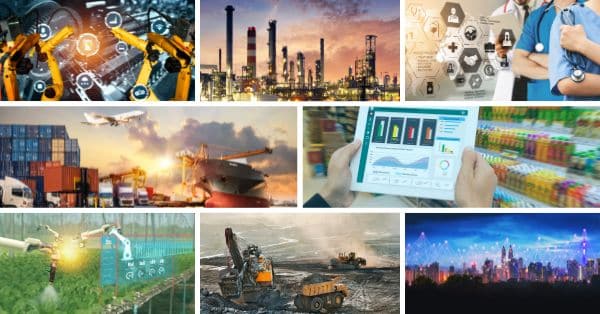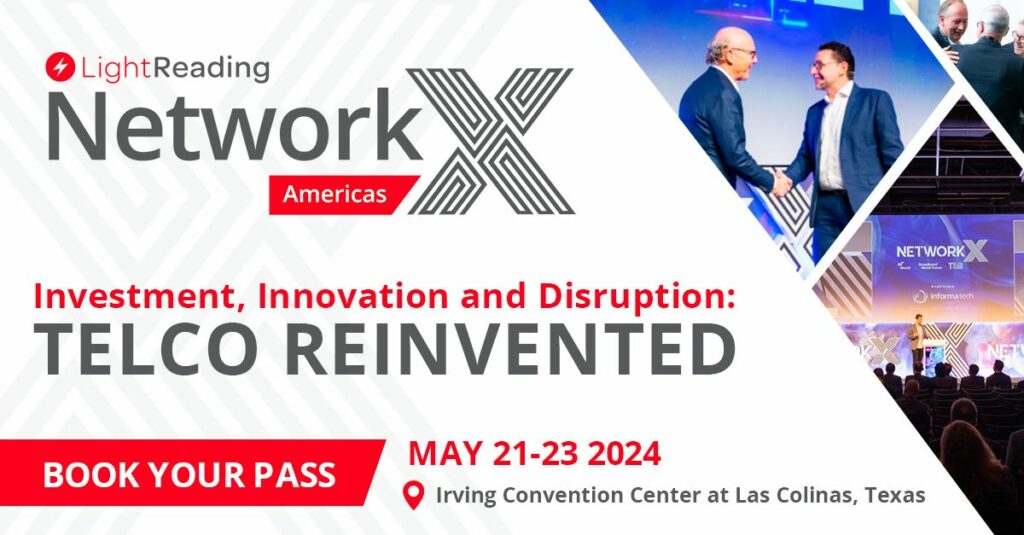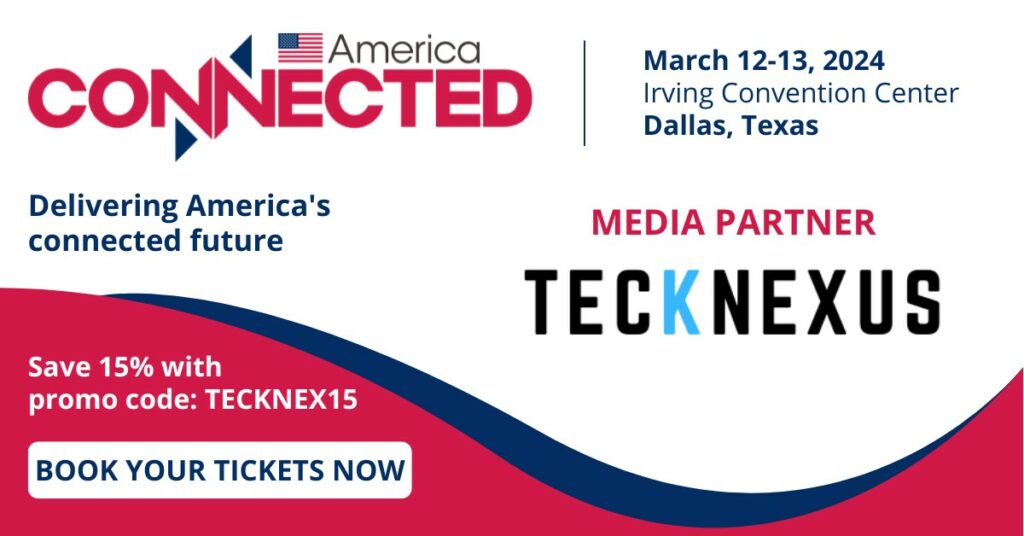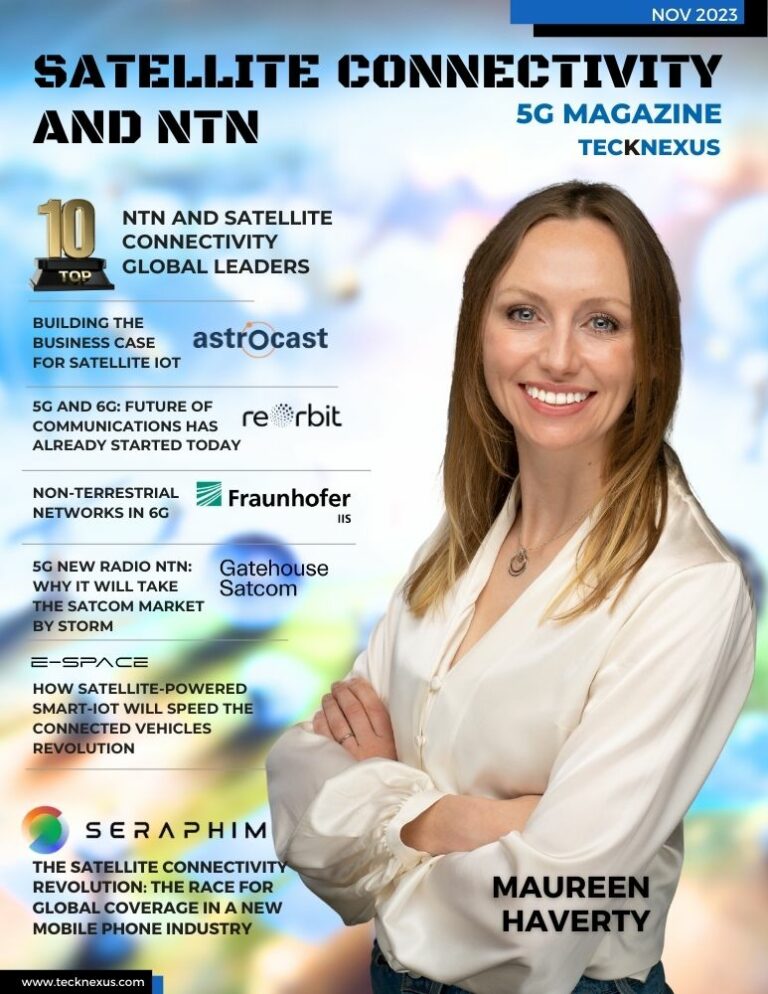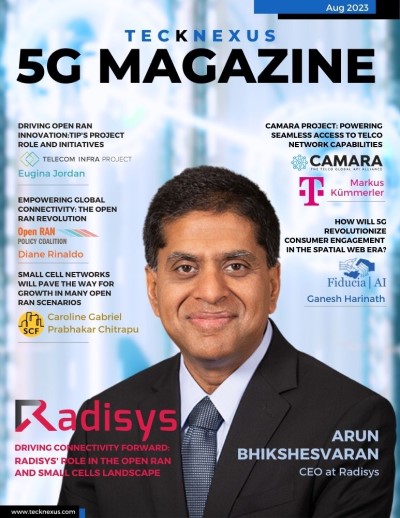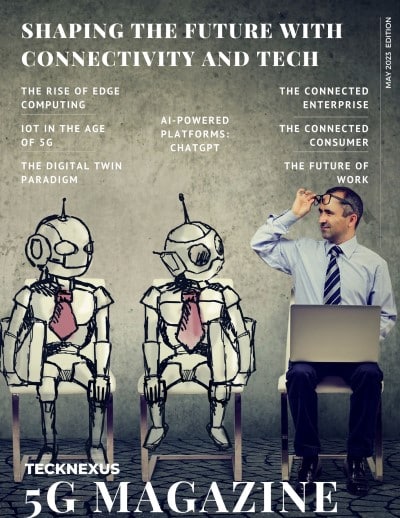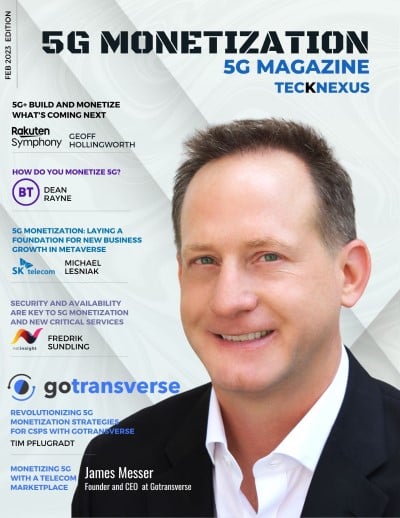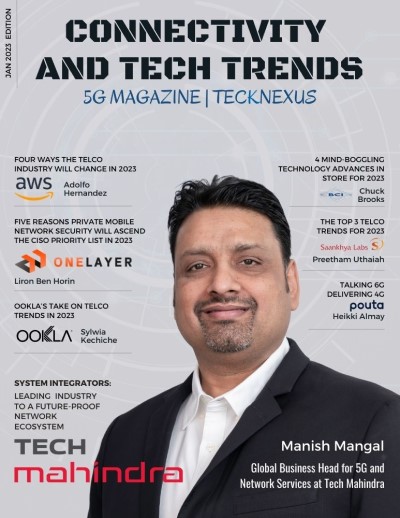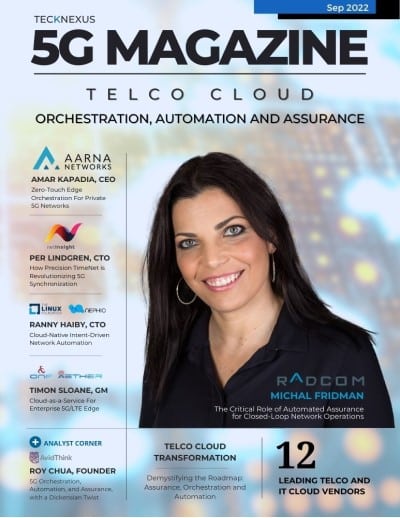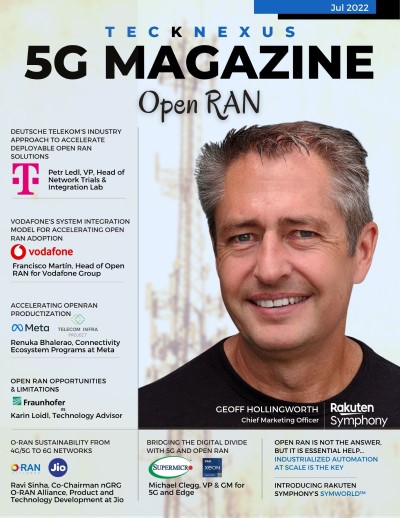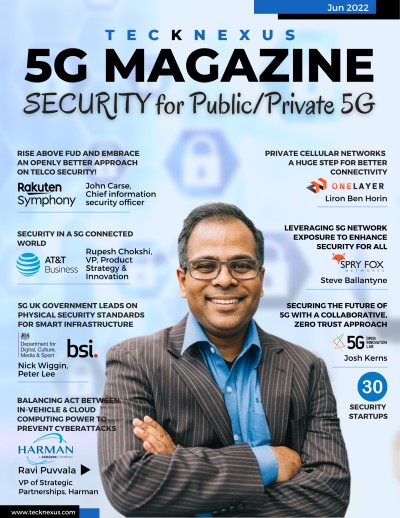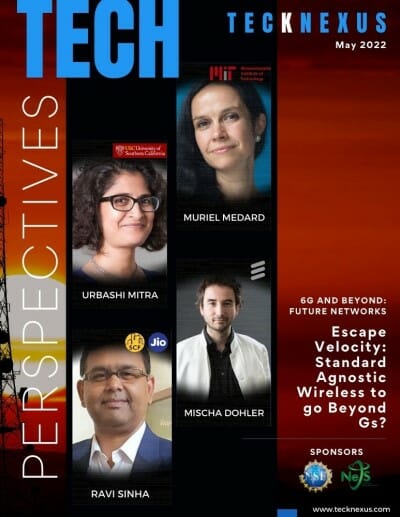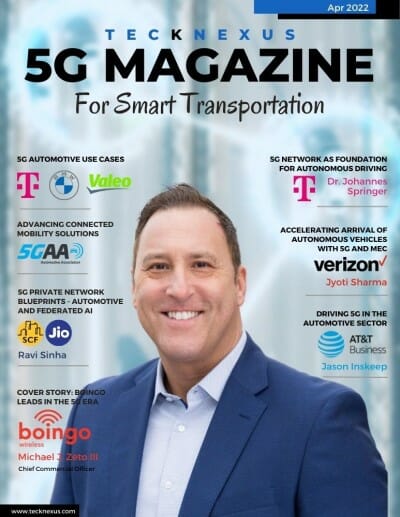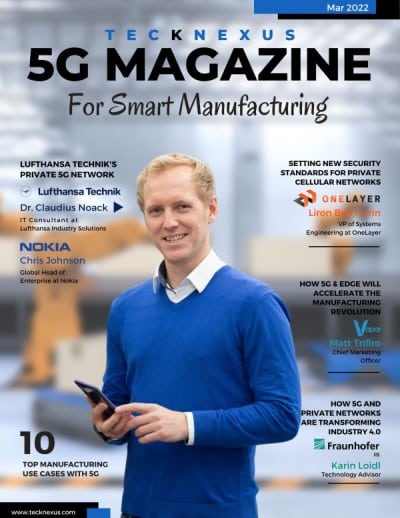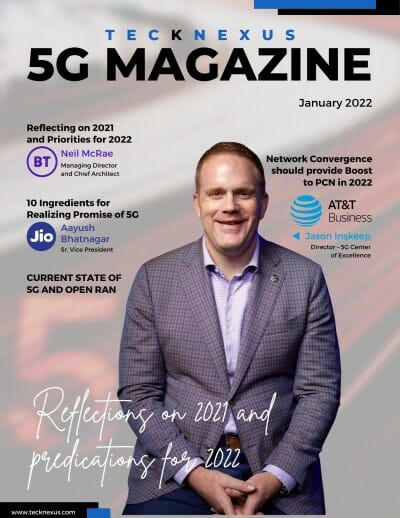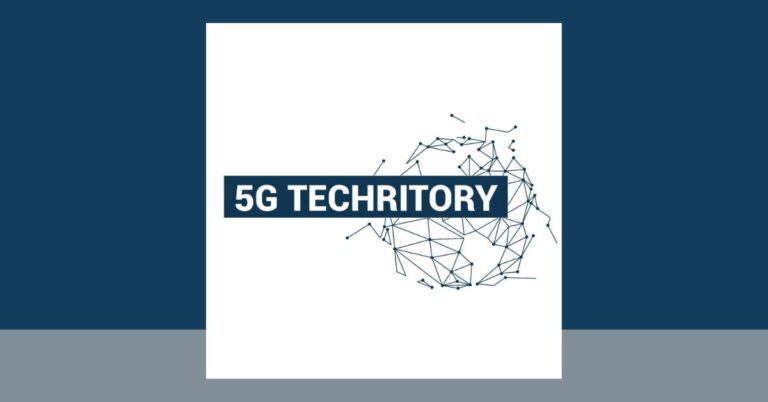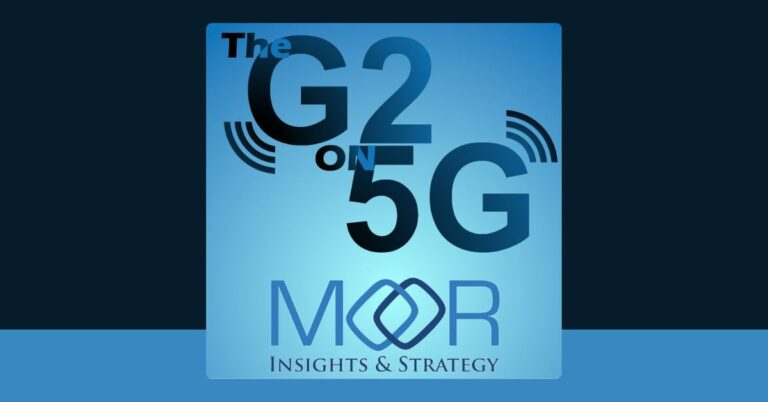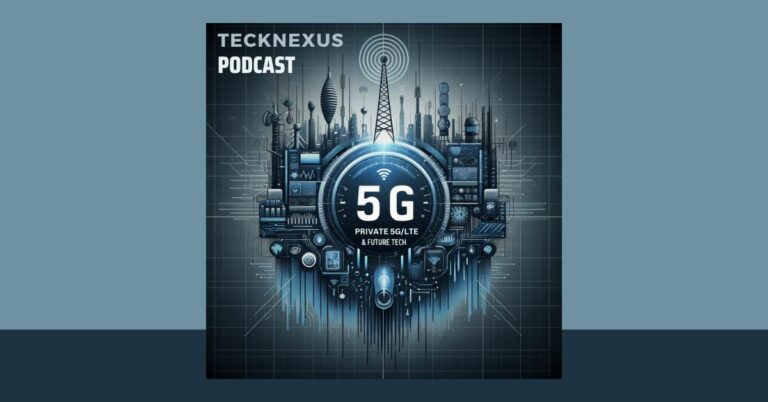A temporary connected play experience for children has been set up by Virgin Media O2 (VMO2) at a playground located in King’s Square Gardens in London. The children’s interactions with the equipment will be transmitted through 5G and broadband, which will then modify the lights and music.
From March 9 to March 10, kids can enjoy playing with various equipment, including swings, a climbing apparatus, and a slide, all while their movements are tracked by sensors like infrared beams and pressure pads. The music’s tune and pitch will change, with new layers added, based on how each child interacts with the playground. This personalized music track can be downloaded and taken home, reflecting the child’s journey.
According to VMO2, the playground’s equipment is connected to both its 5G network and broadband to ensure continuous connectivity. The sensors on the playground send data streams to a Raspberry Pi’s general-purpose input/output, which serves as a cue to adjust the lights and music. These responses can be pre-programmed and later matched with the sensor thresholds on site. Raspberry Pi is a small computer that can be connected to external equipment and was originally designed for educational purposes, but it has also been utilized in the telecommunications industry, such as Vodafone‘s portable private 5G network-in-a-box prototype.
VMO2 used 5G because coverage was already available at the location at it offers low latency and higher speed. The connected playground, which coincidentally opened during a cold snap and rain, is only available for two days. Although the company notes that the experience was inspired by surveys indicating that parents want more playgrounds “modernized with technology,” there are no current plans to replicate the experience elsewhere.
VMO2 has stated that the event is a demonstration of what its network can do, similar to past events, such as the creation of a virtual pizzeria during the COVID-19 pandemic.



